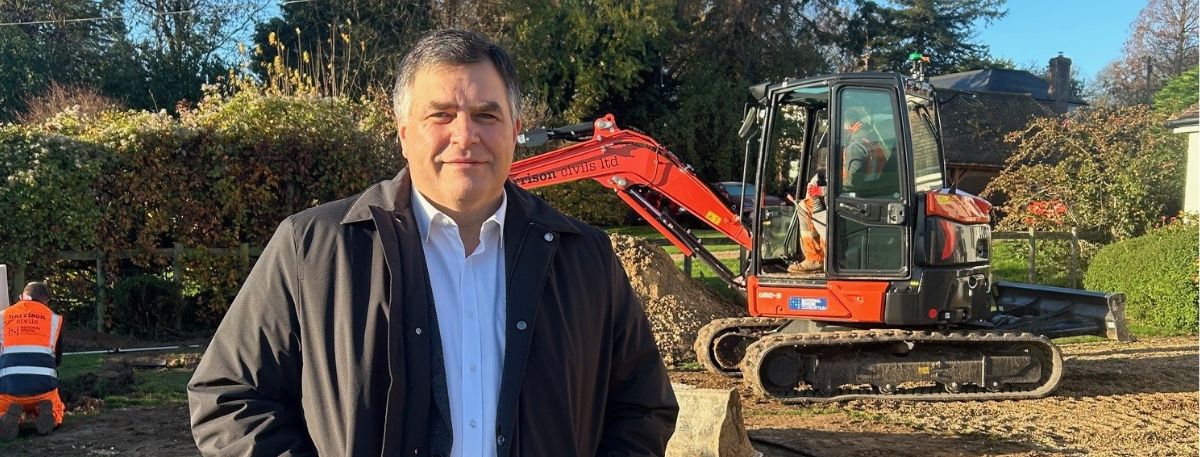First free septic tank installation completed under Stour Environmental Credits Ltd nutrient mitigation scheme
Published: 19/12/2025
The National Rivers Consortium (NRC) has commenced its free septic tank upgrades as part of its expanding nutrient mitigation programme, marking a milestone in helping to restore river health and unlock stalled housing development across Kent.
Work begins this week, Monday 17th November, at a home in Charing Heath, Kent and on Wednesday 19 November at a home in Bilting, near Ashford.
The installation at each location of a new, modern treatment plant marks the first upgrades delivered under the Consortium’s agreement with Stour Environmental Credits Ltd (SEC), a joint venture company created by Ashford Borough Council and Canterbury City Council.
These installations are the first in a broader initiative to dramatically reduce phosphorus and nitrogen from outdated private wastewater systems, pollutants that play a significant role in the decline of Kent’s river habitats.
By replacing inefficient septic tanks with high-performance treatment plants, the NRC generates measurable nutrient reductions that local planning authorities can use to release long-delayed housing consents.
SEC’s aim is to buy the benefit of a range of nutrient mitigation to sell on as credits to developers, to unlock the development of homes delayed due to concerns over the water quality in the River Stour and at the Stodmarsh nature reserve downstream near Canterbury.
Across England, nutrient pollution has become a critical constraint on sustainable development. Excess phosphorus and nitrogen, largely originating from agriculture, wastewater treatment inefficiencies and ageing private septic tanks, are driving algal blooms, depleting oxygen levels and damaging biodiverse river systems.
The Environment Agency says just 45% of English rivers meet “good status” for phosphorus, despite years of investment and regulation.
To protect vulnerable river catchments, local planning authorities must apply nutrient neutrality mitigation rules, which require new housing developments to demonstrate no additional nutrient impact before planning permission can be granted. As a result, more than 50,000 homes nationwide are currently delayed, with Kent among the areas most affected.
By identifying homes with old or poorly performing septic tanks, NRC manages the upgrade process, including homeowner engagement, surveys, installation, verification and telemetry monitoring.
Each upgrade produces quantifiable ‘nutrient credits’ that developers can purchase from SEC to offset their projects’ nutrient mitigation requirements. Councils can then release stalled housing schemes without placing additional financial burdens on taxpayers.
This ground-breaking approach by NRC is already delivering substantial results in Norfolk, where septic tank upgrades by NRC using high-efficiency Graf treatment plants, are unlocking previously frozen planning applications across multiple river catchments.
Progress in Ashford
The installations at Charing Heath and Bilting are the first of a planned series of hundreds of septic tank upgrades across the Stour River catchment, where phosphorus and nitrogen concentrations have been a limiting factor for planning departments. By tackling the source of nutrient pollution directly, the NRC programme supports both environmental recovery and local authority housing strategies.
“Our mission is to help councils, LPAs and developers overcome the nutrient neutrality challenge in a way that strengthens river ecosystems and enables homes to move forward,” said Conrad Webb, Commercial Director of the National Rivers Consortium. “These first installations in Ashford are a small step in a much larger programme, one that benefits residents, developers and the natural environment”
For homeowners, the scheme provides upgraded wastewater treatment at no personal cost. The modern replacement systems offer higher performance, lower operational risk and full regulatory compliance. Participation is voluntary and the scheme is carried out with the support and co-operation of Stour Environmental Credits Ltd and local planning authority.
“Residents across central Kent, in particular parts of Ashford, Maidstone and Canterbury, are being invited to register their interest. This is a genuine opportunity for residents to modernise their wastewater systems while contributing directly to the improvement of local rivers,” added Conrad Webb. “All installations are delivered at zero cost to the homeowner or the council.”
A spokesman for Stour Environmental Credits Ltd said: “We’re delighted to see the first installations being delivered, with credits expected on the market early in 2026. That means developers can move forward while we protect water quality. It’s a great example of councils working together to deliver practical, sustainable solutions.
"Unlocking housebuilding, regeneration and economic growth while protecting the environment has to be celebrated. Replacing inefficient and polluting septic tanks is just one of the tools in our armoury and there is much more to come.”
Supporting long-term environmental objectives
The nutrient mitigation framework underpinning the programme is fully aligned with Natural England’s guidance and broader government ambitions for improved water quality, biodiversity recovery and sustainable development. By reducing nutrient loads at source, these interventions build long-term resilience into river catchments and help local authorities meet statutory environmental responsibilities.
The approach also provides a scalable model for other regions facing similar challenges, demonstrating how targeted, fully managed interventions can unlock development capacity without compromising ecological protection.
Households in central Kent who rely on a septic tank or small sewage treatment plant are encouraged to express interest in the scheme. Registration is simple and carries no obligation.
Residents can apply via the National Rivers Consortium website.






